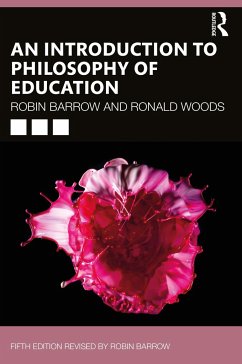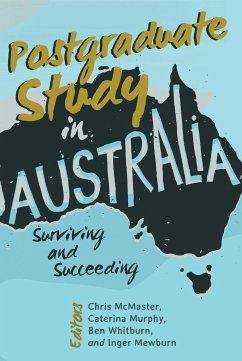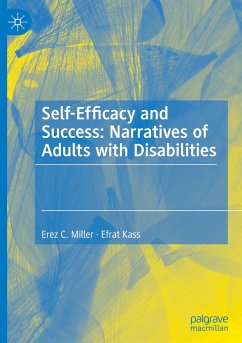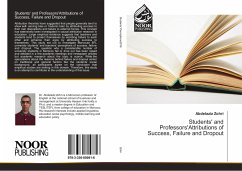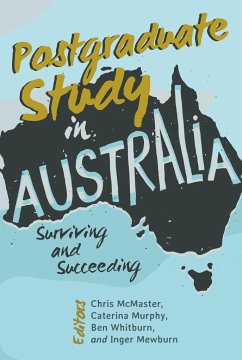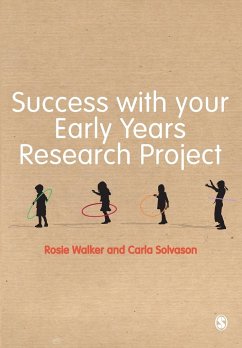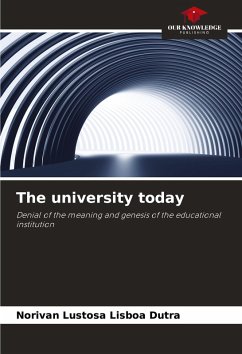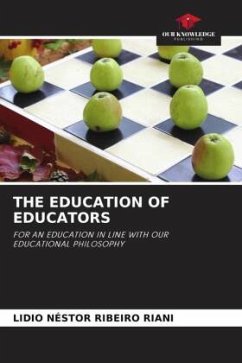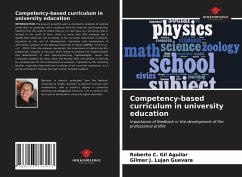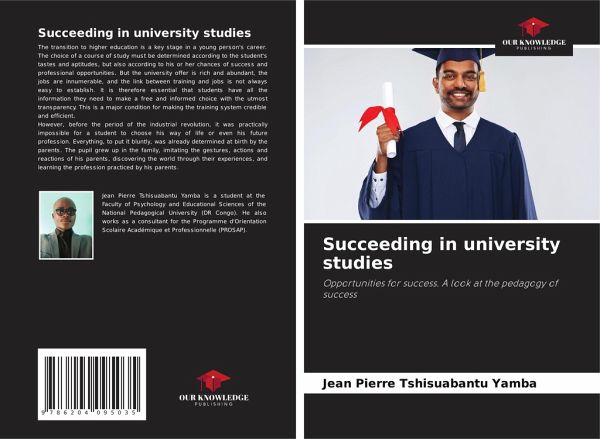
Succeeding in university studies
Opportunities for success. A look at the pedagogy of success
Versandkostenfrei!
Versandfertig in 6-10 Tagen
36,99 €
inkl. MwSt.

PAYBACK Punkte
18 °P sammeln!
The transition to higher education is a key stage in a young person's career. The choice of a course of study must be determined according to the student's tastes and aptitudes, but also according to his or her chances of success and professional opportunities. But the university offer is rich and abundant, the jobs are innumerable, and the link between training and jobs is not always easy to establish. It is therefore essential that students have all the information they need to make a free and informed choice with the utmost transparency. This is a major condition for making the training sys...
The transition to higher education is a key stage in a young person's career. The choice of a course of study must be determined according to the student's tastes and aptitudes, but also according to his or her chances of success and professional opportunities. But the university offer is rich and abundant, the jobs are innumerable, and the link between training and jobs is not always easy to establish. It is therefore essential that students have all the information they need to make a free and informed choice with the utmost transparency. This is a major condition for making the training system credible and efficient. However, before the period of the industrial revolution, it was practically impossible for a student to choose his way of life or even his future profession. Everything, to put it bluntly, was already determined at birth by the parents. The pupil grew up in the family, imitating the gestures, actions and reactions of his parents, discovering the world through their experiences, and learning the profession practiced by his parents.



